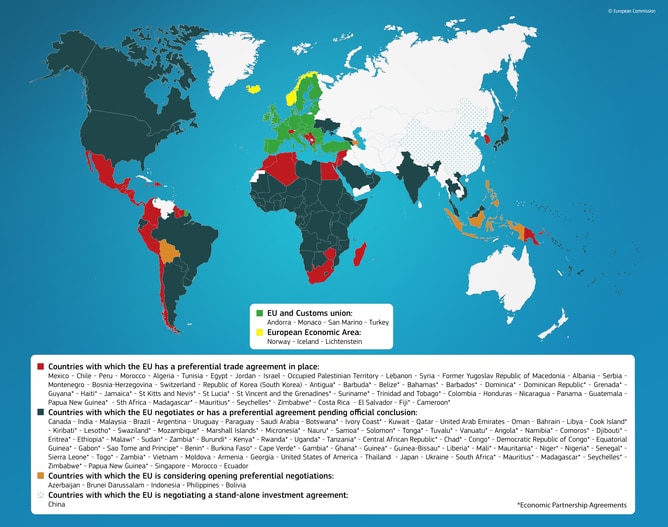Breaking the EU’s Crisis to Crisis Cycle
Just months since taking power in January, Greek’s Syriza coalition faces obstacles at every turn, from an intransigent European Central Bank to an unyielding European Council. The ECB in particular has rejected Greek proposals for short-term bridge financing to allow more time to negotiate medium- to longer-term structural reforms. So once again, we are on the cusp of crisis as Greece and its creditors struggle to find a deal before an upcoming June deadline, with the country’s exit from the Eurozone a genuine possibility.






